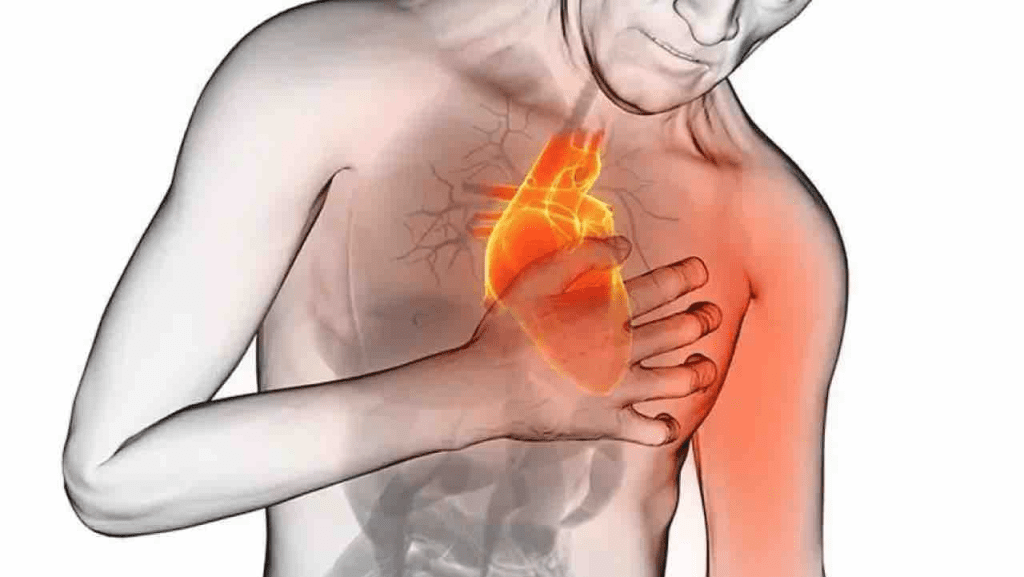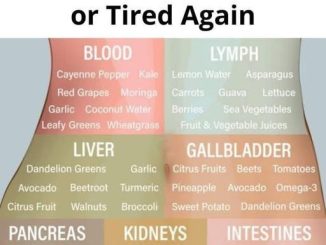Discover the six signs of a heart attack that can appear up to a month beforehand. Recognize them and act early to protect your cardiovascular health.
Myocardial infarction, also known as a heart attack, remains one of the most common causes of death worldwide. Although in many cases it occurs suddenly, the human body has the ability to warn us with certain symptoms long before the event. Identifying these signs early can be key to avoiding fatal consequences. Below, we share six signs you should never ignore.

1. Constant fatigue for no apparent reason
If you experience extreme and persistent fatigue, even after getting plenty of rest, it’s a sign you shouldn’t ignore. Many people who suffer a heart attack report feeling intense fatigue for weeks before the event. This symptom is due to the heart struggling to pump blood efficiently.
2. Chest pain or pressure
One of the most classic signs of a heart attack is chest discomfort. It can feel like pressure, burning, squeezing, or stabbing. Although some people dismiss it as heartburn, if this pain persists for more than a few minutes or comes and goes, it’s essential to go to the emergency room.
3. Difficulty breathing
Shortness of breath, especially when you’re not physically exerting yourself, could be related to a heart problem. This symptom can appear days or even weeks before a heart attack. It occurs due to the heart’s inability to pump blood efficiently, which can also affect the lungs.
4. Excessive and cold sweating
Unexplained sweating, especially if it’s a sudden, cold sweat, can indicate a serious problem. It’s the body’s response to intense physical stress, such as that which occurs when the heart doesn’t receive enough oxygen.
5. Nausea, vomiting or stomach discomfort
Although often associated with indigestion, these symptoms can also be indicators of a heart attack, especially in women. If these digestive discomforts are accompanied by other cardiac symptoms, they should not be ignored.
6. Pain in other parts of the body
Heart attack pain isn’t always located in the chest. It can radiate to the arms (especially the left arm), back, neck, jaw, or stomach. Any unexplained discomfort in these areas should be taken seriously.
Conclusion: Listen to your body
The heart usually sends clear signals when it’s in danger. Ignoring them can be a fatal mistake. If you experience any of these symptoms, especially if they occur simultaneously or recurrently, it’s best to seek immediate medical attention. Don’t wait until it’s too late: recognizing these signs can save your life.


